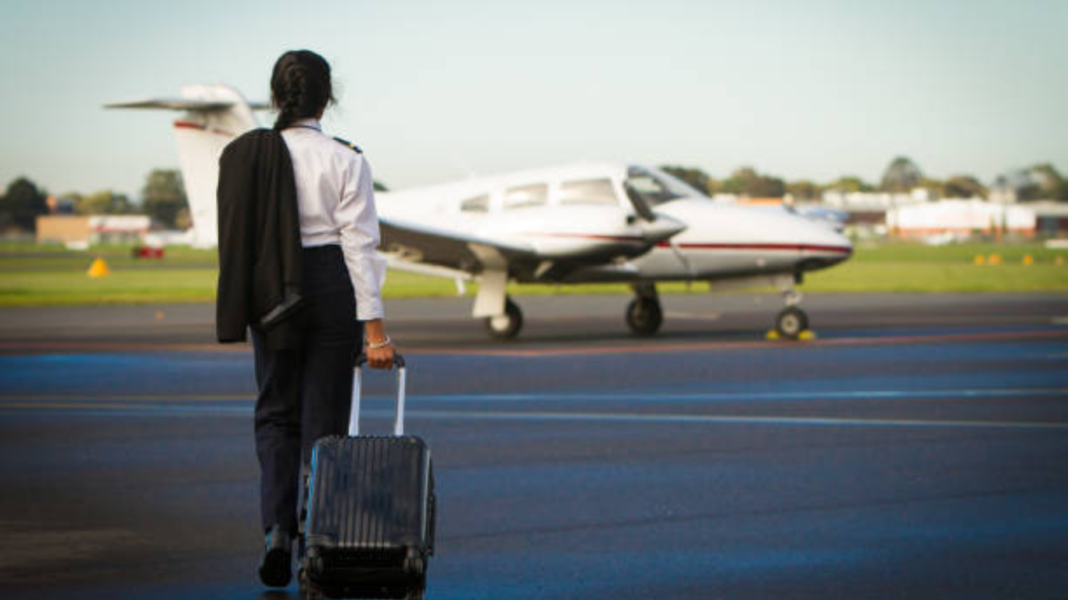Are you an engineer with a passion for aviation? Do you dream of soaring through the skies and commanding an aircraft? Transitioning from engineering to piloting is not only possible but also an exciting career path. In this article, we’ll guide you how to become a Pilot after Engineering in India.
Read this article on how to become a Pilot after Engineering, now.
Understand the Requirements
Before embarking on your journey to become a pilot, it’s crucial to understand the prerequisites. In India, the Directorate General of Civil Aviation (DGCA) governs aviation regulations and licensing. To qualify for pilot training, you must meet the following criteria:
- Educational Qualifications: While a background in engineering is advantageous, the minimum educational requirement is a 10+2 (or equivalent) with Physics and Mathematics.
- Medical Fitness: Piloting requires a high level of physical fitness. You must undergo a medical examination conducted by a DGCA-approved medical examiner and obtain a Class 2 Medical Certificate.
- Age Limit: The minimum age to enroll in a pilot training program is 17 years, while the maximum age limit varies depending on the type of pilot license you pursue.
Choose the Right Pilot Training Program
After fulfilling the prerequisites, the next step is to enroll in a DGCA-approved pilot training program. Several institutions across India offer comprehensive pilot training courses. Factors to consider when selecting a training program include:
- Course Duration: Pilot training programs typically range from 6 months to 2 years, depending on the type of license you aim to obtain.
- Type of License: Determine whether you want to pursue a Commercial Pilot License (CPL) or a Private Pilot License (PPL). CPL allows you to fly commercial aircraft, while PPL is suitable for recreational flying.
- Infrastructure and Facilities: Choose a training institute equipped with modern aircraft, experienced instructors, and state-of-the-art simulation facilities.
Gain Flying Experience
During your pilot training program, you’ll undergo rigorous flying lessons both in simulators and actual aircraft. The curriculum covers various aspects of flying, including:
- Basic Flying Skills: Learn the fundamentals of aircraft control, navigation, and aerodynamics.
- Instrument Flying: Acquire proficiency in flying solely by reference to instruments, crucial for flying in adverse weather conditions.
- Navigation and Radio Telephony: Master navigation techniques and communication protocols essential for safe flying.
Obtain Pilot License
Upon successful completion of the training program, you’ll need to pass the DGCA examinations to obtain your pilot license. The licensing process involves written examinations, flight skill tests, and oral interviews conducted by DGCA officials.
Build Experience and Advance Your Career
After obtaining your pilot license, the journey doesn’t end there. To build experience and advance your career, consider options such as:
- Type Rating: Specialize in flying specific aircraft types by undergoing type rating courses.
- Flight Instructor Rating: Become a flight instructor to train aspiring pilots and gain valuable experience.
- Airline Pilot Career: Pursue opportunities with airlines or charter companies to kickstart your career as a commercial pilot.
Also Read | How to Start Freelancing While Studying?
Transitioning from engineering to piloting is an achievable and rewarding endeavor. By following the steps outlined in this guide, you can turn your passion for aviation into a fulfilling career as a pilot. Remember, dedication, perseverance, and a love for flying are key ingredients for success in the skies. Embark on this exhilarating journey and soar to new heights as a pilot in India. For any further query on how to become a Pilot after Engineering in India, reach out to us on thecrazycareers@gmail.com.




